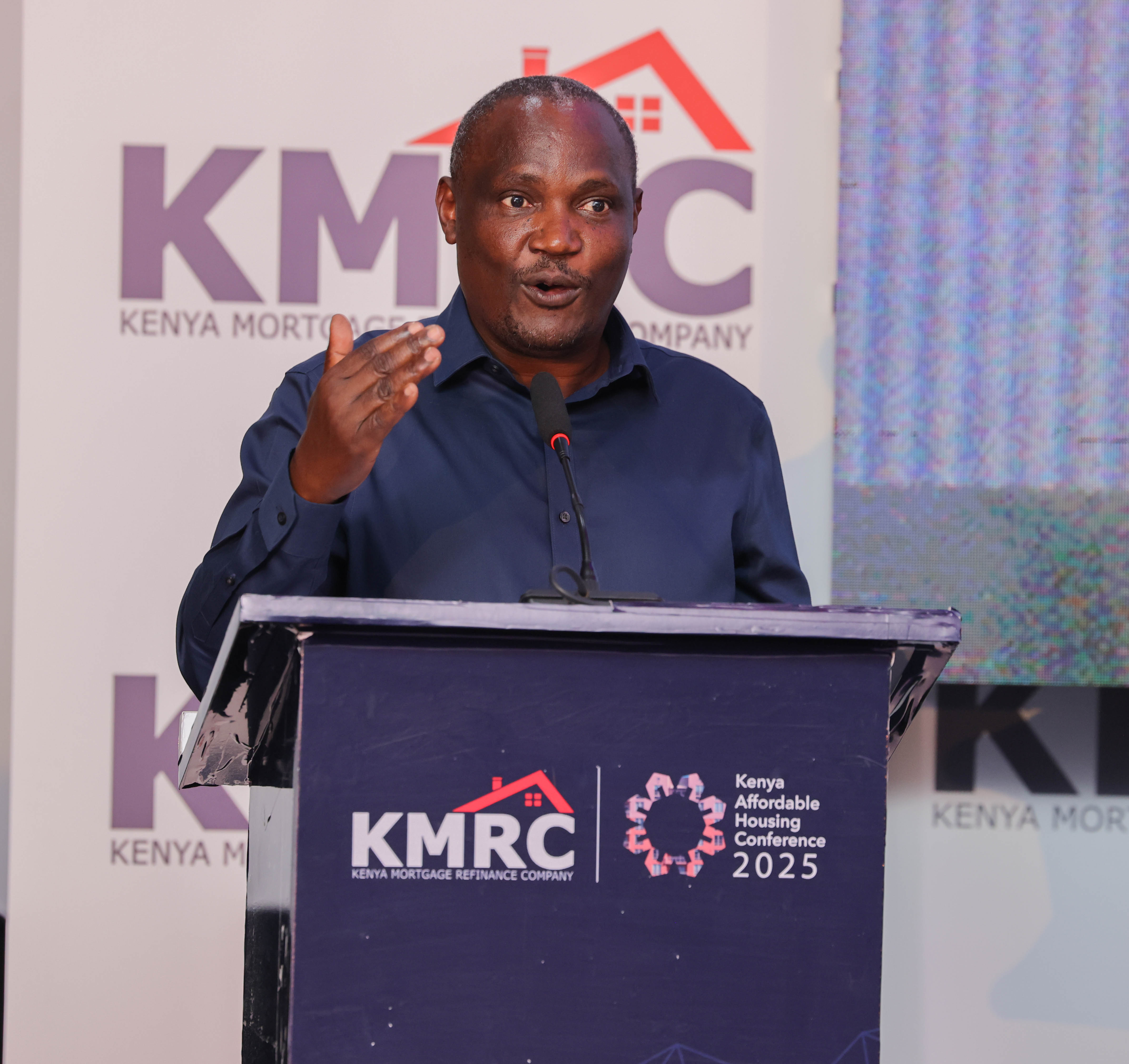

Treasury CS John Mbadi has pledged to provide more financial and policy support to expedite the affordable housing initiative.
Speaking during the 4th Kenya Affordable Housing Conference in Kisumu, he said the National Treasury has allocated Sh120.2 billion to the housing and settlement sector in the 2025-26 financial year, a move aimed at bridging the widening gap in home ownership, particularly in urban areas.
“Kenya's urban households own only 26 per cent of homes, with 70 per cent renting, often in insecure or informal conditions. To address this, budgetary allocations are being increased and innovative financing mechanisms introduced,” he said.
The
CS said the housing sector is a crucial component of the government's
Bottom-Up Economic Transformation Agenda and the National Treasury is
planning policy changes to enhance its performance.
Among the new measures set to spur growth is an annual tax relief of up to Sh360,000 for incremental home construction loans, he said.
Moreover, this incentive, introduced in the Finance Act, 2025, has been designed to ease the burden on Kenyans who build homes progressively.
Mbadi also highlighted the National Treasury’s growing focus on alternative financing instruments, including mortgage-backed securities, housing bonds and blended finance models to unlock long-term capital and stimulate market-driven housing finance.
He praised the Kenya Mortgage Refinance Company (KMRC) for pioneering a Sh1.4 billion domestic bond in 2022, the first under its Sh10.5 billion Medium-Term Note programme, noting the Treasury was aligning fiscal policy to encourage deeper capital market participation.
He said the government has mobilised $300 million in concessional funding from the World Bank and African Development Bank to support KMRC operations.
The funds, blended with bond proceeds, he said, have enabled KMRC to refinance mortgages at single-digit interest rates.
“KMRC has refinanced more than 4,600 affordable home loans across 39 counties at a cost of approximately Sh21.7 billion. Nearly half of the beneficiaries are women, and these loans have directly benefited more than 18,000 people while creating at least 11,500 jobs,” he said.
Mbadi reaffirmed Treasury’s commitment to mobilise further concessional funds for KMRC from international development partners to scale up its refinancing capacity nationwide.
“The journey towards sustainable and inclusive housing in Kenya demands bold vision and pragmatic financing. We must pair public investment with private innovation and deploy targeted guarantees to bridge lending gaps,” he said.
The National Treasury, he added, was working to operationalise the Kenya Mortgage Guarantee Trust (KMGT), with an initial capitalisation of €4 million.
The facility, he said, will provide credit guarantees for borrowers with irregular incomes or informal employment, helping de-risk lending and expand homeownership among underserved groups.
The conference organised by KMRC, under the theme, Revolutionising Housing: Innovation Meets Sustainability, brought together key housing stakeholders to explore solutions to Kenya’s growing urban housing challenge.

















